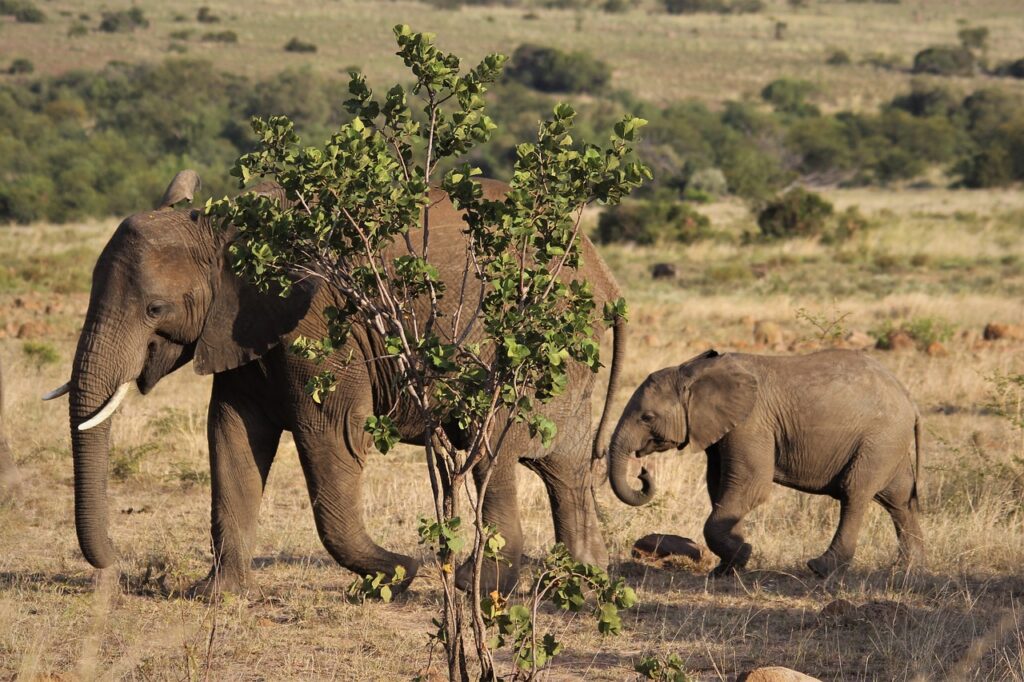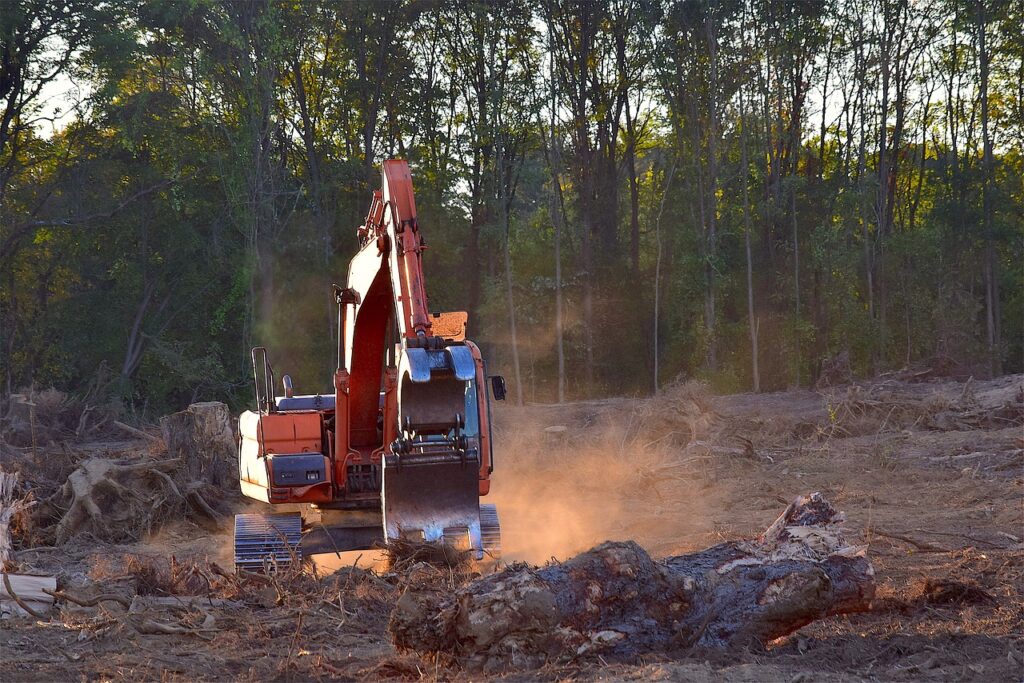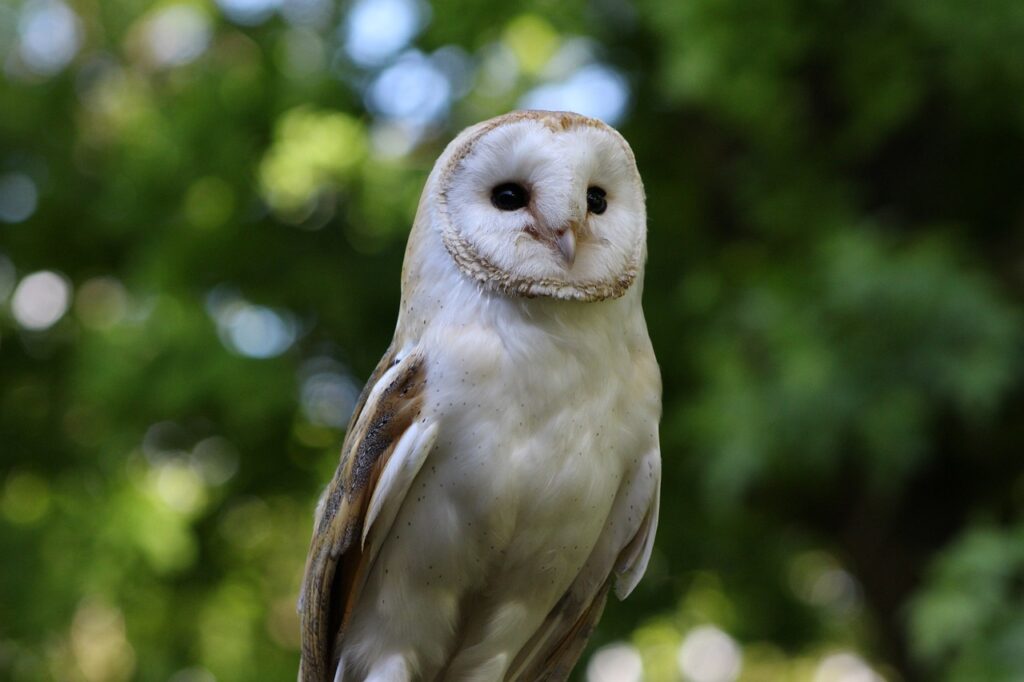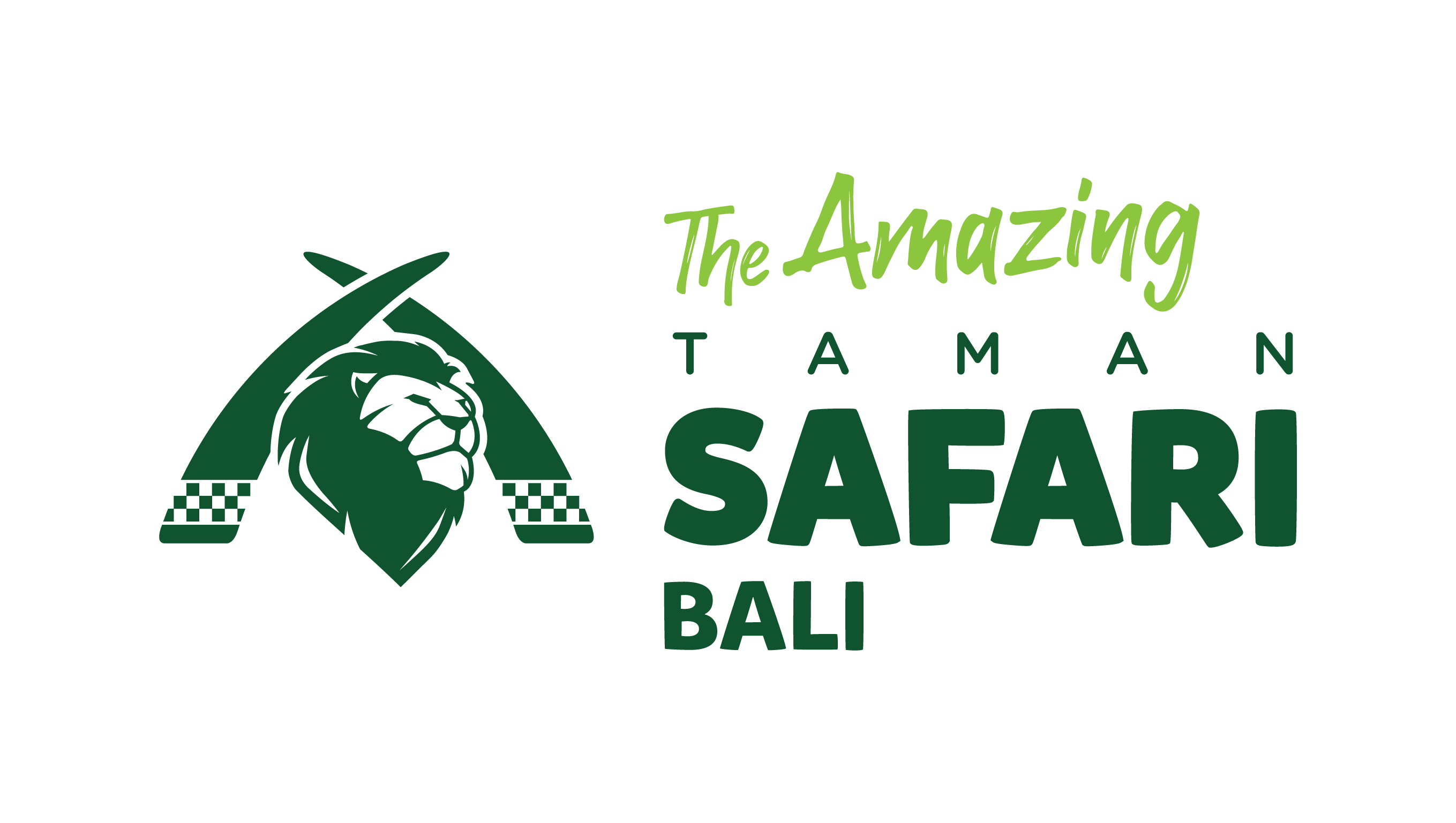Human aren’t the only living creatures on earth, which we already know. Yet it’s so easy to close our eyes and cover our ears to the devastation being caused to our earth. Despite the fact that we humans live up to only a certain age, we must do our part in wildlife habitat conservation and mother nature for the next generation. Here is why this is so important.

Habitat Loss
This is the number one reason why many species are facing extension including the Sumatran elephants who are rapidly declining in numbers due to habitat loss. There are many reasons for this, including deforestation due to farming, palm oil plantations and development. Did you know, that species are now 1000 times more adverse to becoming extinct because of humans than when humans were never in the picture? Another thing that most people don’t realize is that when we destroy habitats, forests and jungles, we’re slowly destroying our fragile ecosystem, the very thing that allows us to live on planet earth.

Do Your Bit
Every little thing including yourself can help to conserve our wildlife and our nature. Reduce the use of plastic – our number one enemy. Bring your own reusable bag when you shop, say no to single-use plastic. Plant a garden that welcomes bees (they may be small, but they are crucial to human survival). Even a few pots of flowers that are bee-friendly would help! Donate to non-profit organizations that work to conserve wildlife. If you want to learn more about wildlife conservation in Bali, you can do this at the Bali Safari Park.

Be Aware
When a species goes extinct or declines in numbers, there is a cascading effect. The ecosystem has proven that everything is interconnected, from the coral reefs in the sea to the sea grass and the sea turtles that eat them, to the shrinking polar caps and the starving polar bears, the high number of flooding, extreme weather and threats of tsunami; it is a chain-effect that we cannot avoid.
To learn more about conservation of wildlife and the earth, you can visit Bali Safari Park where a number of species are currently enjoying the positive effects of conservation including the critically endangered Bali Starling.






